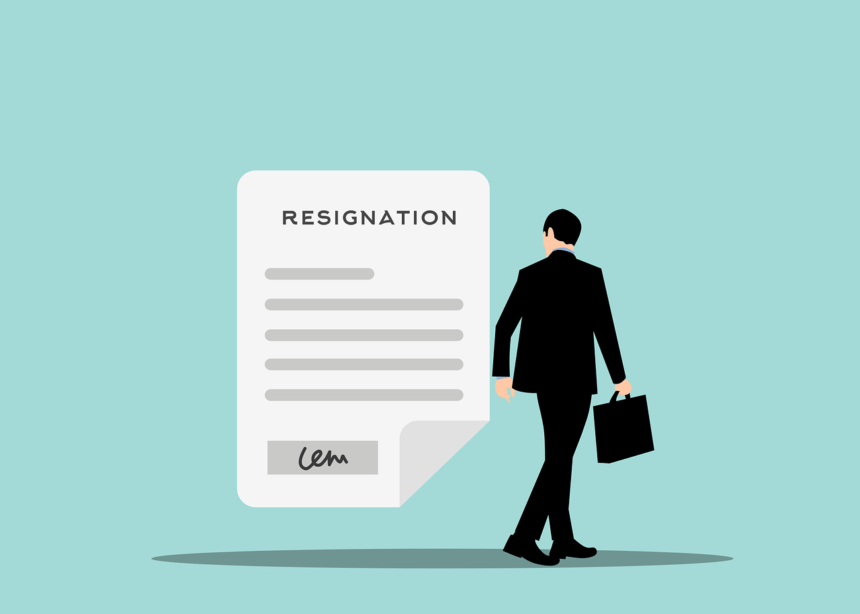Michael Barr, the Federal Reserve’s Vice-Chair of Supervision, unexpectedly resigned on Monday. This marks the start of a major shift in the way the US Central Bank might function under an upcoming second term of former President Donald Trump.
Barr’s decision, to step down from his role as regulatory overseer by the end of February, will be a test for Trump’s approach in reshaping Federal Reserve. He’ll have an opportunity to replace leadership more aligned with his own political agenda.
Source: FT/X
Barr’s resignation as vice-chair, which was created in the wake of the financial crisis from 2007 to 2009 to supervise regulatory issues, opens the door for Trump to influence the Federal Reserve Bank oversight function.
The move gives Trump flexibility in elevating a board member that shares his preferences for a less-restrictive regulatory approach. This could help avoid the political and legal turmoil which might have resulted from an overt attempt by Trump to assume control.
Barr’s resignation could be a precedent set for future administrations
Barr’s departure marks the second major reshuffle at a crucial position within the Fed following the reforms that followed the crisis, and it raises some questions regarding the implications for the vice-chair role in supervision.
Analysts suggest Barr’s resignation could be a precedent that will affect future administrations. The vice-chair role would become more fluid and political, similar to other leadership positions in banking.
Reuters quoted Steven Kelly as saying that “Barr stepping aside likely means that the role will continue rolling over with presidential governments.”
Fed Governor Michelle Bowman is a possible successor to Barr under Trump’s administration. She has been known for her opposition to Barr’s strict regulatory approach.
Bowman’s nomination could bring the Fed’s bank oversight closer to Trump’s preferences for regulation, and contrast Barr’s stricter approach to financial regulations.
Barr, despite his resignation as vice-chairman of the Fed, has decided to stay on in that role. This will allow him to continue participating in important decisions regarding interest rates.
The Fed could maintain its independence when it comes to monetary policy. Central bankers consider this factor vital for maintaining their credibility with regards to inflation control.
Analysts believe Barr’s continuing to vote on interest rates preserves the Fed’s autonomy in a time when monetary policy is under increased scrutiny.
Barr’s resignation from his vice-chair position raises questions about the Fed’s independence in the long term.
Will Trump attempt to remove Jerome Powell from office?
Trump’s second term is just beginning and speculation has begun about whether or not he will try to remove Fed chair Jerome Powell. Powell was publicly criticised during Trump’s first term by Trump for making rate decisions that he did not agree with.
Powell’s rejection of the notion that he would be dismissed is a sign that Trump and his team are looking for ways to exert more control over Fed. This raises questions regarding the long-term independence of the central bank.
Barr’s resignation has, for now, avoided any direct conflict over whether the president can reshape or not the Fed. However, this action sets up future conflicts between the White House and the Federal Reserve as well as with the banking sector, particularly in the face of uncertain economic times.
As new information becomes available, this post on What Michael Barr’s departure means for Trump’s plan to reform the Federal Reserve could be updated.






